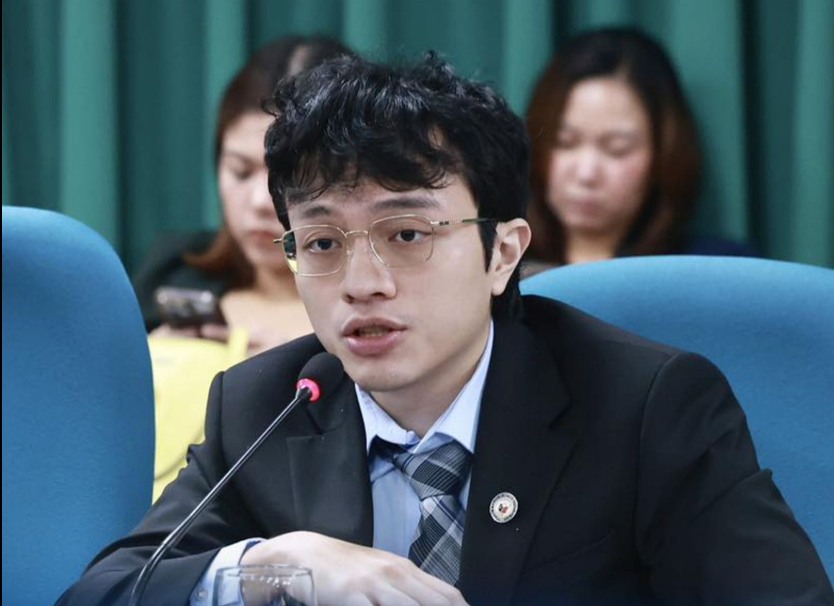As the ink dried on the 2025 National Budget, signed with considerable fanfare by President Ferdinand “Bongbong” Marcos Jr., a palpable tension hushed. Amid the jubilation from his Cabinet—each member eager to tout the administration’s fiscal discipline and strategic foresight—critics raised an eyebrow, dissecting the very nature and implications of the budgetary allocations. With a voice that echoed the sentiments of many Filipinos, detractors noted that what had emerged was not merely a financial blueprint, but a politically charged document that raises significant concerns about the governance priorities of the current administration. Under the guise of meticulous review, PBBM and his team presented a budget that ostensibly aligned with a national agenda promising progress and development. However, the specter of congressional pork—a centuries-old practice of funneling public funds toward pet projects—loomed large.
Curiously, allocations reflecting the interests of certain powerful congressional members, including those related to the President’s familial ties, seemed less about national interest and more an early foray into the political machinations leading up to the 2028 elections. The strategic placements of these funds could only serve to bolster the political capital of those involved, as they aim to capitalize on the discontent felt by the electorate. The glaring issues within the 2025 budget are particularly evident in the glaring underfunding of critical sectors—most notably education and health.
As the world grapples with increasingly complex crises, from public health challenges to exceedingly competitive global job markets, one might expect the national budget to prioritize the upskilling of the workforce and the enhancement of health services. Yet, the allocations signal a troubling trend: the administration’s priorities stray sharply toward political agendas rather than human capital development. The overarching narrative demonstrates that leaders are more invested in securing their political future than fortifying a resilient nation’s foundations. Upon deeper examination, it becomes apparent that the changes made to the budget were little more than cosmetic. The superficial alterations are a tired attempt to placate public sentiment amid rising dissatisfaction.
While the President may argue that he is responsive to the outcry of the masses, the core issues remain largely unaddressed, continuing the cycle of neglect that has long plagued the nation. Even as the administration claims fiscal responsibility, the underlying structures of corruption and a lack of accountability remain entrenched. The Department of Public Works and Highways (DPWH) stands as a case in point, marred by longstanding issues of mismanagement—perhaps most infamously illustrated by failed flood management projects that have cost lives and exacerbated the plight of countless citizens. Meanwhile, the Office of the Vice President (OVP) has faced scrutiny over confidential funds. While these OVP funds have been eliminated, other executive agencies—including the Office of the President—continue to receive unmonitored intelligence allocations. This raises critical questions regarding transparency and accountability, particularly amidst reports of high-profile family members within the House of Representatives being awarded multi-billion projects without appropriate oversight.
It seems that the focus on the OVP irregularities serves not only as a vehicle for political maneuvering but also as a convenient distraction from the broader spectrum of irregularities sweeping through the government budget. This smokescreen tactic not only deflects critical examination but also diligently crafts a narrative that positions the administration as a force for accountability, ominously obscuring the national discourse surrounding fiscal governance.
As citizens, we must take a hard look at our collective responsibility in this political milieu, especially as we approach the midterm elections. The specter of accountability looms ever clearer; it is our duty to ensure that the elected officials—whether they be senators or representatives—examine government expenditures and question the fiscal allocations that impact our daily lives. In this emerging narrative, a united electorate becomes essential. We must unearth the underlying motivations of our leaders, thwart the specter of political opportunism, and demand true accountability at every level of governance.
Our collective New Year’s resolution ought to be one of vigilance and active engagement—ensuring that every peso of taxpayer money serves to enhance our communities, our education systems, and our healthcare services. The crux of our situation is not merely financial but speaks to a broader narrative about the soul of our nation and its aspirations. It beckons us to not only reflect but to act—transforming dissatisfaction into civic engagement and advocacy for an equitable and transparent government. Let us welcome the New Year with renewed resolve to reclaim our democracy, holding our leaders accountable for the decisions that dictate the fetters and freedoms of the Filipino people.
Happy New Year to all.




